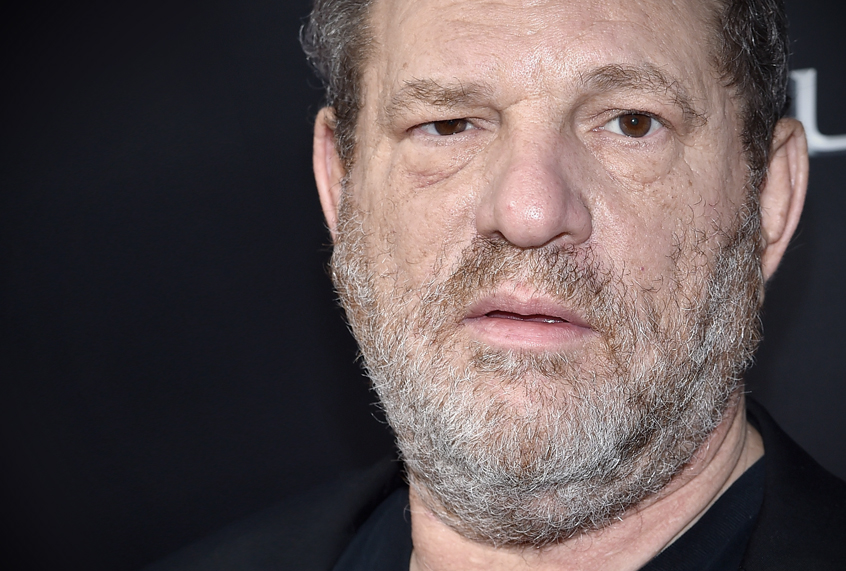Ronan Farrow continued his investigative reporting into Harvey Weinstein’s alleged history of sexual abuse Monday with a New Yorker article claiming that the Hollywood producer used former Mossad agents in an attempt to spy on and silence his potential accusers. Here are the five things you need to know about the 007-esque report.
Who were the spies?
When you’re a giant Hollywood producer, money is not an object. According to Farrow, Weinstein went big and hired the international corporate security company Kroll, as well as Black Cube, a firm run by former members of Mossad, the Israeli spy agency. Given the hundreds of thousands of dollars promised to operatives who successfully silenced an accuser or stopped a forthcoming New York Times exposé from “from being published at all in any shape or form,” it’s easy to guess the alleged effort would have cost Weinstein millions. Farrow also reports that Weinstein manipulated some of his former employees to do research on a fake book for him that included contacting former female employees.
Who did they contact and how?
Farrow alleges that starting in October 2016, around a year before the first Times article alleging the sexual abuse was published, the spies started emailing Weinstein’s former victims and journalists that those victims may have spoken to, including Farrow. One agent, a former Mossad operative, allegedly reached out to Rose McGowan, the most vocal of Weinstein’s victims, claiming she wanted to invest in the star’s production company. Feigning a German accent, she taped hours of conversation with McGowan for Weinstein. According to Farrow, spies also went so far as to contact people who might undermine accuser’s accounts, including contacting the woman who Robert Rodriguez left in order to begin dating McGowan.
They created dossiers of accusers including photos with Weinstein and other incriminating information.
Besides the hours of conversations with McGowan, the report Black Cube allegedly created also included hundreds of pages of the manuscript for McGowan’s forthcoming book. The dossier reportedly also featured potential negative information on the accusers, friendly pictures of them at Hollywood events with Weinstein and anything that might have helped in the producer’s defense, negative Facebook posts about the actresses included. The headings in the report allegedly read “Lies/Exaggerations/Contradictions,” “Hypocrisy” and “Potential Negative Character Wits.”
Weinstein knew the exposés were being written and had a last-minute breakdown before the initial New York Times story was published.
After a year of trying to contact journalists and former victims, Weinstein was in an apparent panic before the story broke. “He starts screaming, ‘Get so-and-so on the phone,'” said one former assistant. When the story was published, he ordered his assistants to send reports of positive encounters with his accusers to his staff.
The spy story puts to rest any question as to why the accusers didn’t come forward sooner.
Annabella Sciorra, who has accused Weinstein of rape, told The New Yorker that the private investigators were intimidating. “I knew what it meant to be threatened by Harvey,” she said. “I was in fear of him finding me.” Asia Argento and Rose McGowan, two of Weinstein’s most famous accusers, have commented on the most recent New Yorker article via Twitter, both of them expressing a level of vindication.
Why didn’t I, @rosemcgowan, @RoArquette @AnnabellSciorra spoke up earlier? We were followed by ex-Mossad agents. Isn’t that terrifying? Very https://t.co/LlbEHY4t13
— Asia Argento (@AsiaArgento) November 7, 2017
and you thought investigative journalism was dead. No. This is the crescendo in the aria. https://t.co/9aJoNZTkz0
— rose mcgowan (@rosemcgowan) November 7, 2017
Ronan Farrow your words will line the halls of justice
— rose mcgowan (@rosemcgowan) November 7, 2017

